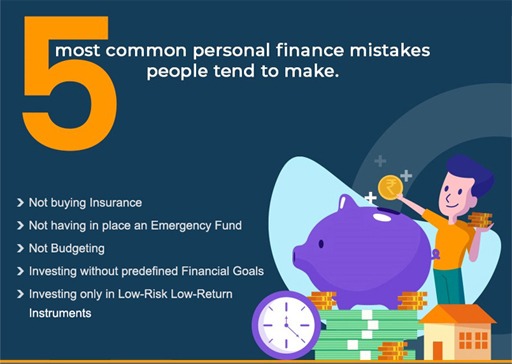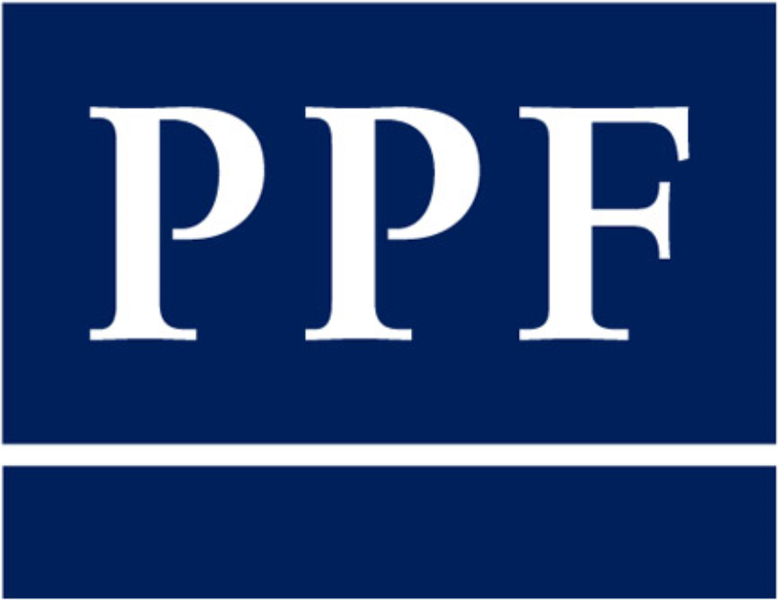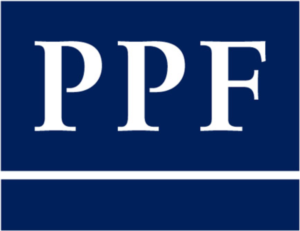 For better or worse, money is a big part of most people’s lives and it’s easy to get caught up in financial mistakes that will hurt you in the long run if you’re not careful.
For better or worse, money is a big part of most people’s lives and it’s easy to get caught up in financial mistakes that will hurt you in the long run if you’re not careful.
Certain financial mistakes can wreak havoc on your financial future, leaving both you and your loved ones under the shadow of uncertainty. If you are constantly putting off decisions relating to insurance and investment planning, you may be doing a disservice to your financial health.
Read on as we discuss 5 such common financial mistakes that can have dangerous ramifications.
1. Not buying insurance(Term/Medical)
If you think buying insurance is a waste of money, you’re probably making a costly mistake. Insurance comes to the rescue to bail us (or our dependents) out of a serious crisis like no one else. One must ensure that they’re adequately covered. So that their family members are not left in the lurch after their demise. As far as life insurance is concerned, you’ll be well-advised to go for a policy with a sum assured that’s at least 10 to 15 times your annual income. You may also consider to go for a no-frills term insurance plan. It can get you adequate coverage without steep premiums, especially if you start the policy at a young age.
Also, in the present times of high medical inflation, it’s always advisable to have a comprehensive medical insurance cover for the entire family.To prevent precious savings or investment returns from getting drained to fund hospitalisation expenses. And no, your office-provided group health insurance policy may not provide adequate coverage or complete protection in the absence of important add-ons (like critical illness cover, pre- and post-hospitalisation cover, etc.). You should consider going for a personal health insurance plan with sufficient coverage amount and choose a plan that meets the medical requirements of all the policy beneficiaries.
2. Not having in place an emergency fund
Well, you may have no control over life’s uncertainties (like a sudden job loss or a family emergency), but you can definitely try to immune your finances from their impact by being farsighted. And having in place an adequate emergency fund is perhaps your best bet to that end. Ideally, you should set aside at least 3-6 months’ worth your expenses in a separate savings account as your emergency fund. And, contrary to popular opinion, it’s okay even if you build your emergency fund in a fixed deposit account and let it earn more interest than a normal savings account. You can easily liquidate it in minutes through your mobile banking application in the face of an emergency by losing just 1% of the interest value.
3. Not budgeting
For most people the word budget evokes a negative feeling, something that restricts us from living life freely. However, truth be told, reckless spending can lead to depletion of savings, emergency fund or investment capital in no time. Worse, this may leave you in an avoidable debt situation (and sink your credit score) that can put breaks on your journey to attain financial freedom.
It’s very important that you have in place a proper budget for your expenses and avoid random overspending to ensure you meet your important financial goals in time, like raising down payment fund for your home or setting up a retirement corpus (more on this in the point below). And yes, it’s better if you plan out even for your “desire spends” like vacations, gadgets, etc.
Here are some helpful pointers:
- Allocate a realistic budget for your expenses (like groceries, conveyance, shopping, etc.) at the beginning of the month and try not to breach them
- Take help of a budgeting mobile app if need be
- Track all your expenses and look for ways to cut down on wasteful spends (like skip hefty gym memberships if you prefer to work out at home, ditch frequent cab rides if you can manage with public transport, start cooking at home if you spend a lot eating out, so on and so forth).
4. Investing without predefined financial goals
Setting precise short, medium and long-term financial goals provide direction to your investments. Once you have in place a specific goals, it becomes easier to channelize your savings and other investment returns to meet that goal within the time-frame. On the contrary, investing without proper goals may lead to confusion and you may have to struggle to arrange for funds to meet an important requirement at the last minute, something that could have easily been achieved if you had planned for it in advance.
One more thing: investing just to save taxes shouldn’t be your only financial goal.
5. Investing only in low-risk low-return instruments
It’s a fact that no one likes to lose money, but investing only in low-risk and low-returns instruments (like only fixed deposits or recurring deposits) can jeopardise your financial goals. In other words, not taking any risks is risky too. So, depending on your age and financial goals, one must look to intelligently spread out their investments in a number of low-risk, medium-risk and high-risk instruments so that one ensures they grow their wealth over time while keeping the overall risk factor under control.And avoid some financial mistakes.
This is important, especially to meet important goals like raising an adequate retirement fund. If you only invest in low-returns “guaranteed” instruments, you might find your fund inadequate to sustain your post-retirement life, especially when you consider inflation eating away value of returns and the rising cost of living. Things can complicate further as you might not have a regular source of income then.
As a result, it’s better that you add slightly riskier instruments in your investment mix too, like equity mutual fund SIPs and even real estate. That being said, it’s superlatively important that you have complete clarity on how different investment tools work, what’s the inflation-and-tax-adjusted returns and other exit loads, etc. before making any investment decision. Do thorough research, seek professional help if need be, but don’t take the plunge based on hearsay or assumptions.
These prudent strategies will go a long way to ensure you hold your ground in your journey to grow your wealth.
Source:financialexpress.com




